Home>Ideas and Tips>Secrets To Finding Rare Antique Glassware
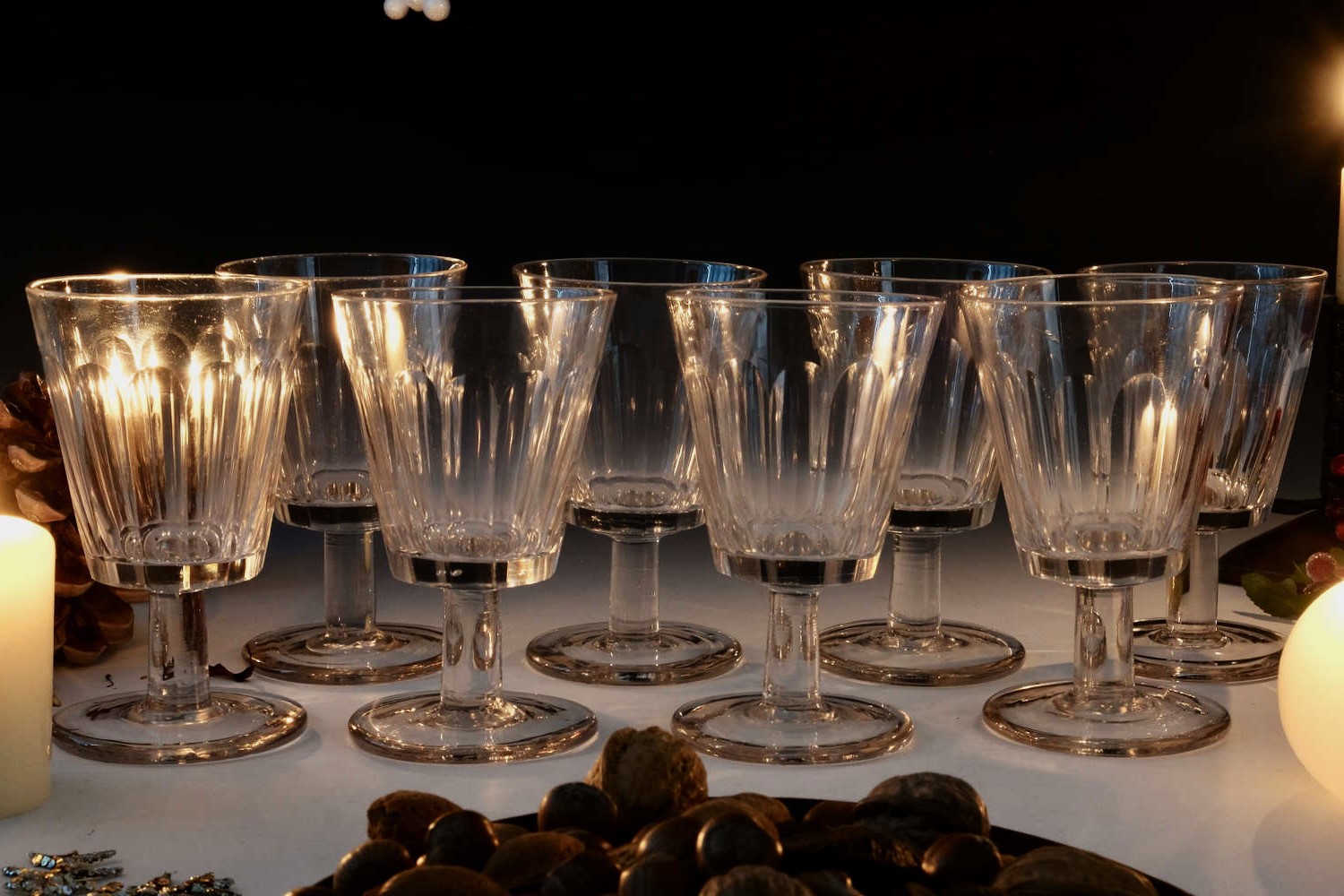

Ideas and Tips
Secrets To Finding Rare Antique Glassware
Published: November 3, 2024
Discover how to identify, acquire, and care for rare antique glassware with our expert tips. Elevate your collection and home decor today!
(Many of the links in this article redirect to a specific reviewed product. Your purchase of these products through affiliate links helps to generate commission for Storables.com, at no extra cost. Learn more)
In the world of home decor, few items evoke the same level of elegance and charm as antique glassware. Whether you're a seasoned collector or just starting to explore the world of vintage glass, finding rare and unique pieces can be a thrilling adventure. In this article, we'll delve into the secrets of identifying, acquiring, and caring for rare antique glassware, ensuring that your collection not only adds beauty to your home but also holds historical significance.
Where to Buy
When it comes to finding vintage glassware, the possibilities are endless. Many enthusiasts enjoy hunting for unique pieces at estate sales and antique shops, while others prefer the convenience of online marketplaces like Etsy or eBay. Regardless of where you choose to look, it's crucial to do your research and be cautious of price gouging and/or counterfeit items.
Thrift Stores and Garage Sales
One of the most affordable and exciting places to find vintage glassware is at thrift stores and garage sales. These locations often have an abundance of items, many of which are incredibly inexpensive. For instance, you might find beautiful glassware for as little as 50 cents or even cheaper. This affordability makes it an excellent starting point for those just beginning their collection.
Antique Shops and Estate Sales
Antique shops and estate sales offer a more curated selection of glassware. These places often have knowledgeable staff who can provide valuable insights into the history and authenticity of the pieces. Estate sales, in particular, can be treasure troves for rare finds, as they often include items from entire collections that have been carefully preserved over the years.
Online Marketplaces
Online platforms like Etsy and eBay offer a vast array of vintage glassware. However, it's essential to be cautious when purchasing online. Always research the seller thoroughly and look for reviews from other buyers. Additionally, compare the prices of similar items to ensure you're getting a fair deal.
What to Look For
When purchasing vintage glassware, it's crucial to inspect the items carefully for cracks or chips that could compromise their integrity. Here are some key steps to follow:
-
Inspect for Damage: Look for any signs of damage such as cracks, chips, or excessive wear. While a little wear can add character, extensive damage may affect the value and usability of the piece.
-
Research Historical Periods: Understanding the historical periods and styles of glassware can help you identify authentic pieces. Different eras have distinct characteristics in terms of design, materials, and craftsmanship.
-
Identify Markings and Signatures: Many vintage glassware pieces have identifying marks or signatures etched into the glass or attached as labels. These markings can provide valuable information about the maker and the time period.
-
Check for Authenticity: Verify the authenticity of the item, especially for high-value pieces. Researching the markings, signatures, or labels on the item can help ensure it's genuine.
-
Compare to Online Resources: Use online resources such as loetz.com or Facebook groups dedicated to glass collectors to compare your piece with others that have sold. This can help determine its value and authenticity.
-
Seek Expert Opinions: If you think a piece might be valuable, consider consulting an auction professional or an expert in antique glassware for an appraisal.
How to Identify the Maker of Your Vintage Glassware
Identifying the maker of your vintage glassware can be a fascinating process. Here are some steps to follow:
-
Look for Signatures or Marks: Check the underside of the glass for any signatures or marks. These can sometimes be faint, so rubbing the glass with a charcoal pencil may help reveal them.
-
Research Style and Design: Compare the style and design of your glassware with known pieces from different makers. This can help narrow down the possible makers and time periods.
-
Use Online Resources: Websites like loetz.com provide extensive documentation on various types of glassware, including maker's marks and historical context.
-
Consult Experts: If you're still unsure about the maker, consult experts in antique glassware who can provide detailed assessments based on their knowledge and experience.
Can I Use Vintage Glassware for Everyday Use?
While vintage glassware may seem delicate, many pieces were made to be used and enjoyed on a regular basis. However, it's essential to handle them with care and avoid using them for overly hot or cold beverages. Here are some tips for using vintage glassware safely:
-
Handle with Care: Be gentle when handling vintage glassware to avoid chipping or cracking.
-
Avoid Extreme Temperatures: Don't use vintage glassware for beverages that are extremely hot or cold, as this can cause thermal shock.
-
Clean with Care: When cleaning vintage glassware, avoid using harsh chemicals or abrasive materials that could damage the surface.
How to Display Your Vintage Glassware When Not in Use
Vintage glassware items can add visual interest and charm to any room, making them perfect for display when not in use. Here are some creative ways to display your collection:
-
Bar Cart or Open Shelving: Arrange your vintage glassware on a bar cart or open shelving to create a beautiful display that adds elegance to any room.
-
Centerpiece for Dining or Coffee Table: Use your vintage glassware as a centerpiece for your dining or coffee table. This can add a touch of sophistication and charm to your decor.
-
Glassware Cabinet: If you have a large collection, consider investing in a glassware cabinet that can protect your pieces when not in use while also showcasing them beautifully.
How to Care for Your Vintage Glassware
Proper care is essential to maintain the beauty and integrity of your vintage glassware. Here are some tips:
-
Avoid Exposure to Direct Sunlight: Direct sunlight can cause fading or discoloration of the glass, so it's best to keep your vintage glassware away from direct sunlight.
-
Store Properly: When storing your vintage glassware, use soft materials like paper or cloth to prevent scratching. Avoid stacking heavy items on top of each other as this can cause damage.
-
Clean Regularly: Regular cleaning can help maintain the clarity and shine of your vintage glassware. Use mild soap and warm water, and avoid using abrasive materials or harsh chemicals.
-
Handle with Gloves: If you're concerned about fingerprints or oils from your skin damaging the glass, consider handling your vintage glassware with gloves.
Frequently Asked Questions
Here are some frequently asked questions about vintage glassware that might help you in your journey:
Q: How do I know if my vintage glassware is rare?
A: Rarity can be determined by several factors including the maker, the time period, and the condition of the piece. Researching similar items online and consulting experts can help you determine if your piece is rare.
Q: Can I use vintage glassware for cooking?
A: While some vintage glassware is designed for cooking, it's generally not recommended due to the risk of thermal shock. It's best to use it for serving or displaying.
Q: How do I identify the age of my vintage glassware?
A: Identifying the age involves examining the style, design, and any markings or signatures on the glassware. Comparing it with known examples from different eras can help determine its age.
Q: Where can I find more information about antique glassware?
A: There are numerous resources available including online forums dedicated to glass collectors, books on antique glassware, and expert appraisers who can provide detailed assessments.
Conclusion
Finding rare antique glassware requires patience, research, and a keen eye for detail. By understanding where to buy, what to look for, and how to care for these pieces, you can build a stunning collection that not only adds beauty to your home but also holds historical significance. Whether you're a seasoned collector or just starting out, the journey of discovering and preserving vintage glassware is one filled with excitement and discovery.
In summary:
- Thrift Stores and Garage Sales: Affordable places to find unique pieces.
- Antique Shops and Estate Sales: Curated selections with knowledgeable staff.
- Online Marketplaces: Vast arrays of vintage glassware but be cautious of sellers.
- Inspect Carefully: Look for damage, research historical periods, identify markings.
- Care Properly: Avoid direct sunlight, store properly, clean regularly.
- Consult Experts: For high-value pieces or uncertain identifications.
By following these secrets and tips, you'll be well on your way to building an exquisite collection of rare antique glassware that will be cherished for generations to come.
Was this page helpful?
At Storables.com, we guarantee accurate and reliable information. Our content, validated by Expert Board Contributors, is crafted following stringent Editorial Policies. We're committed to providing you with well-researched, expert-backed insights for all your informational needs.
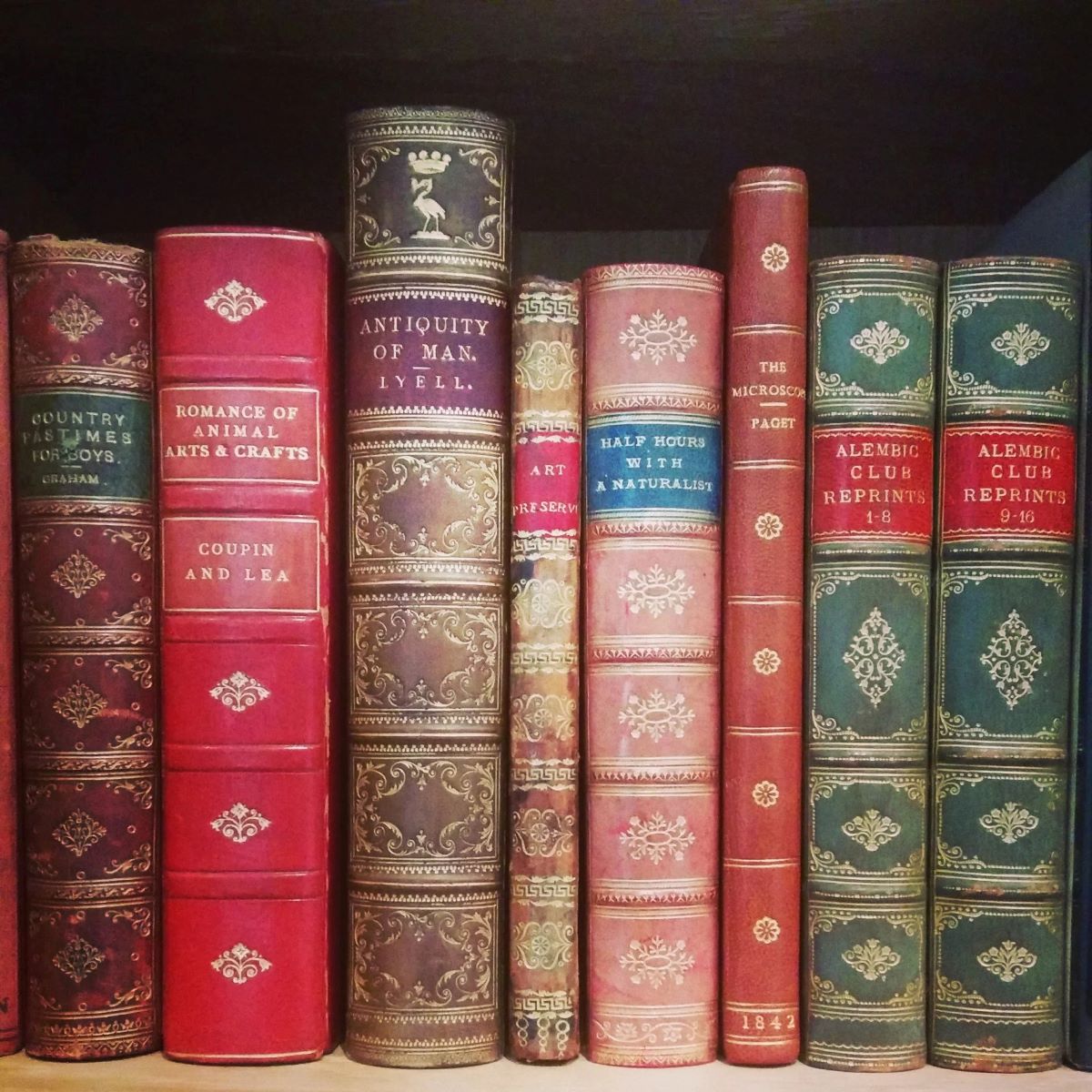
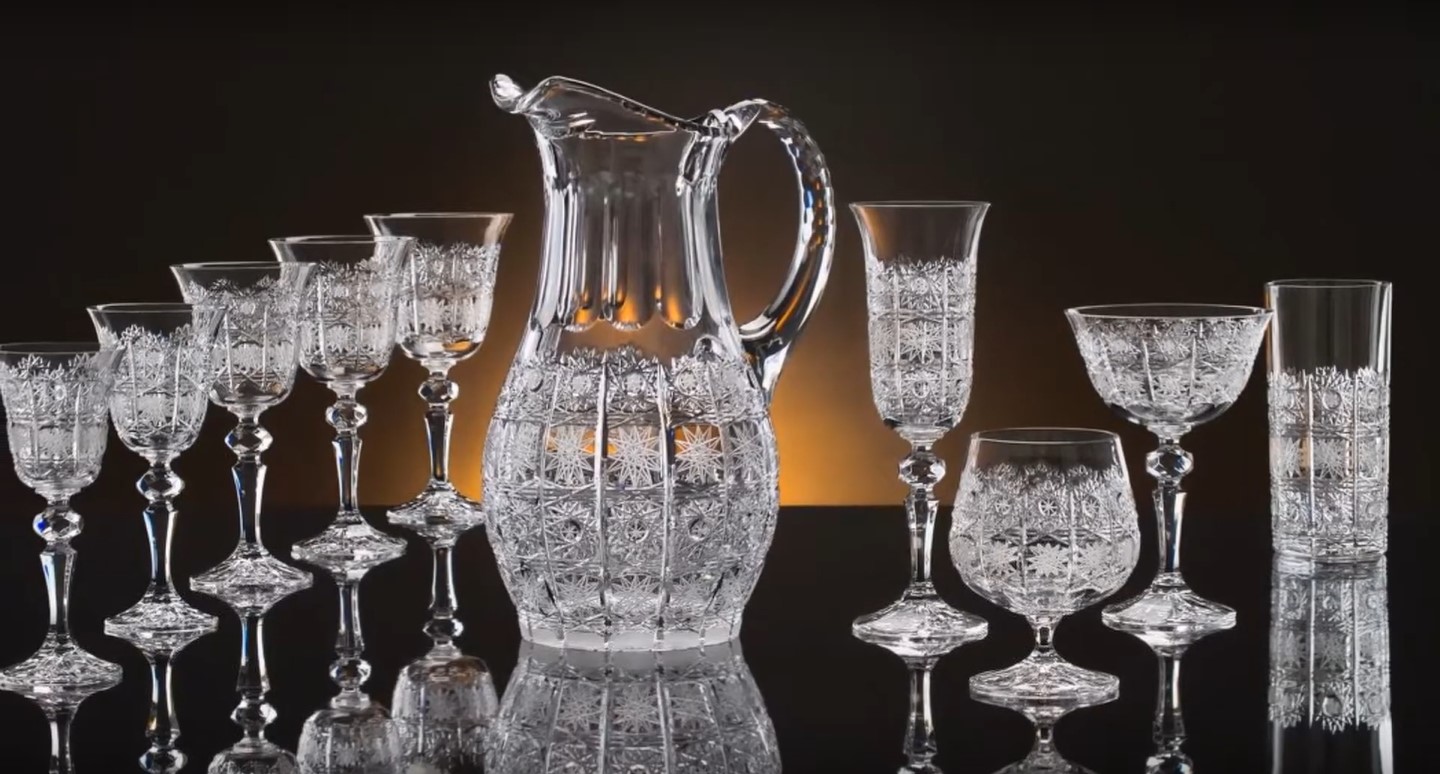
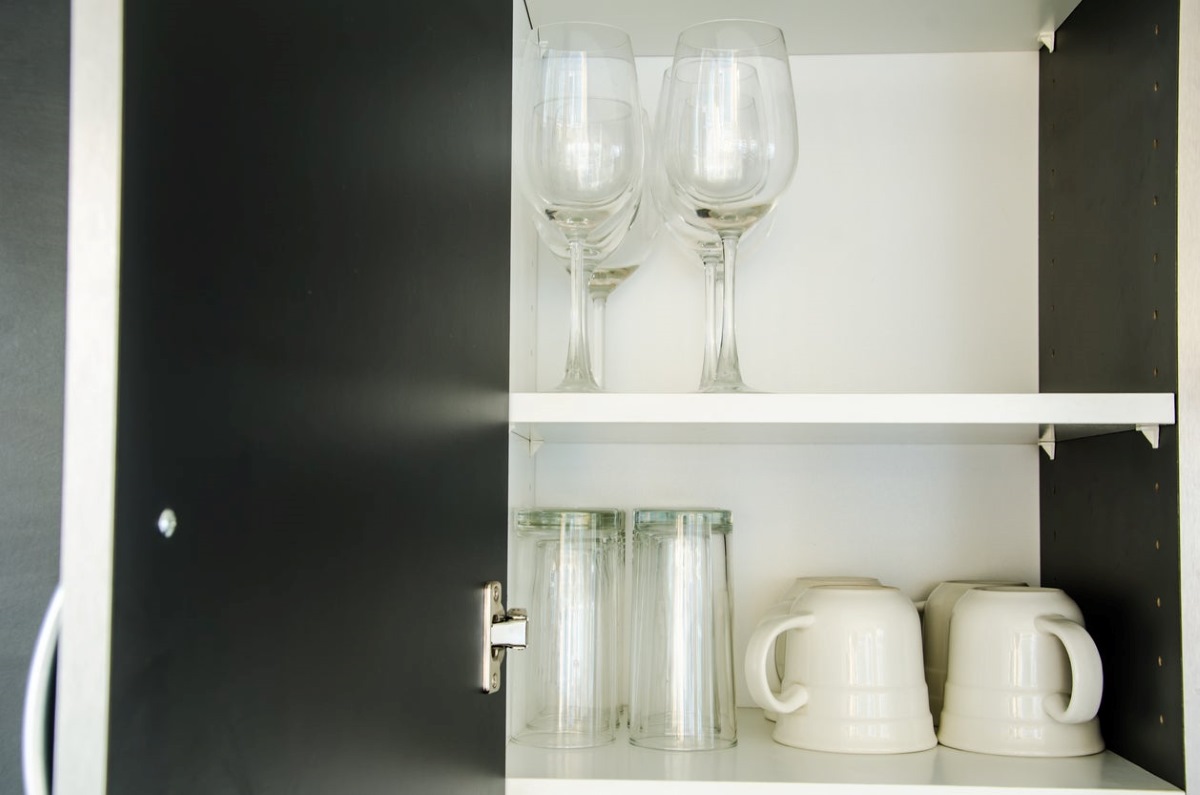
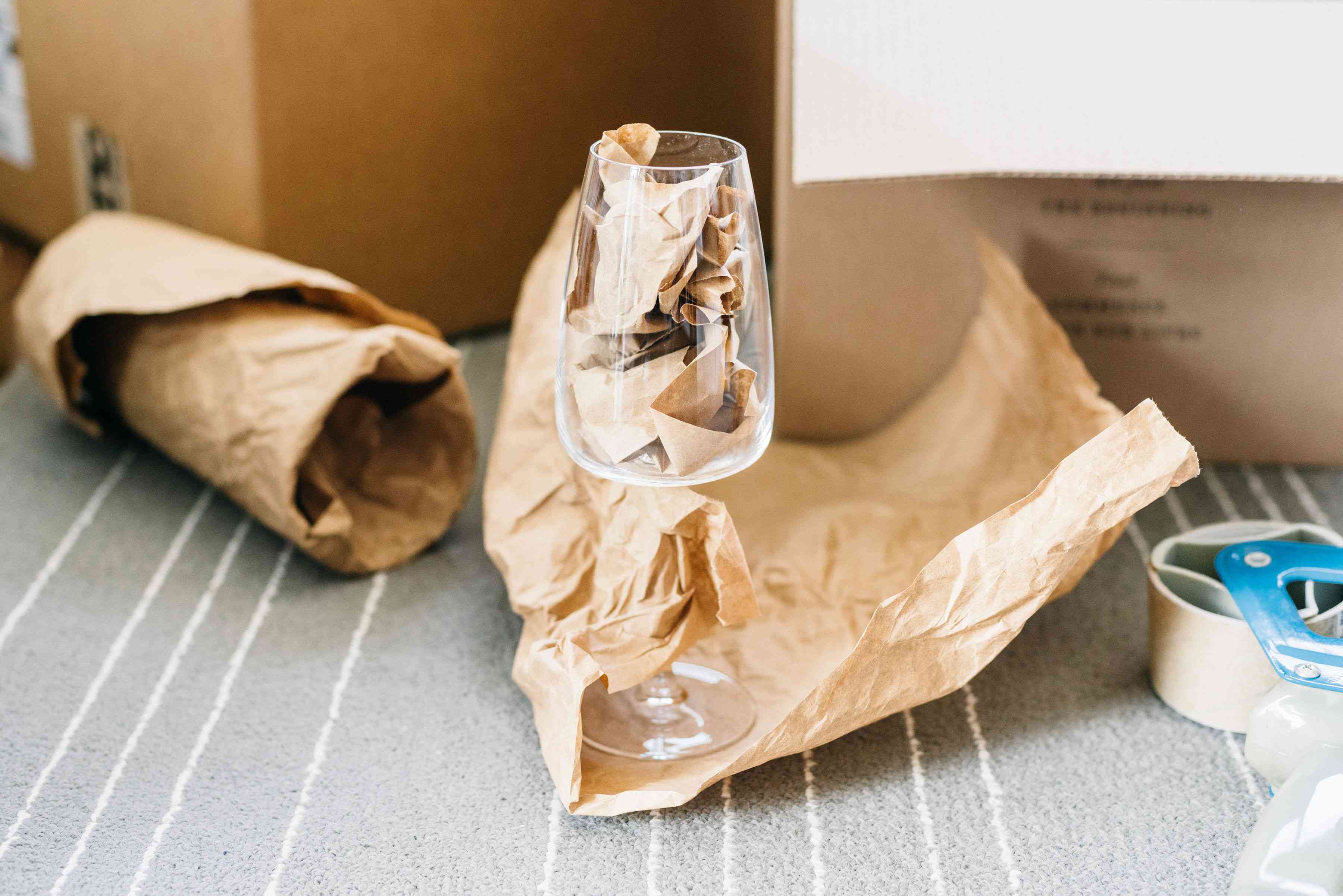

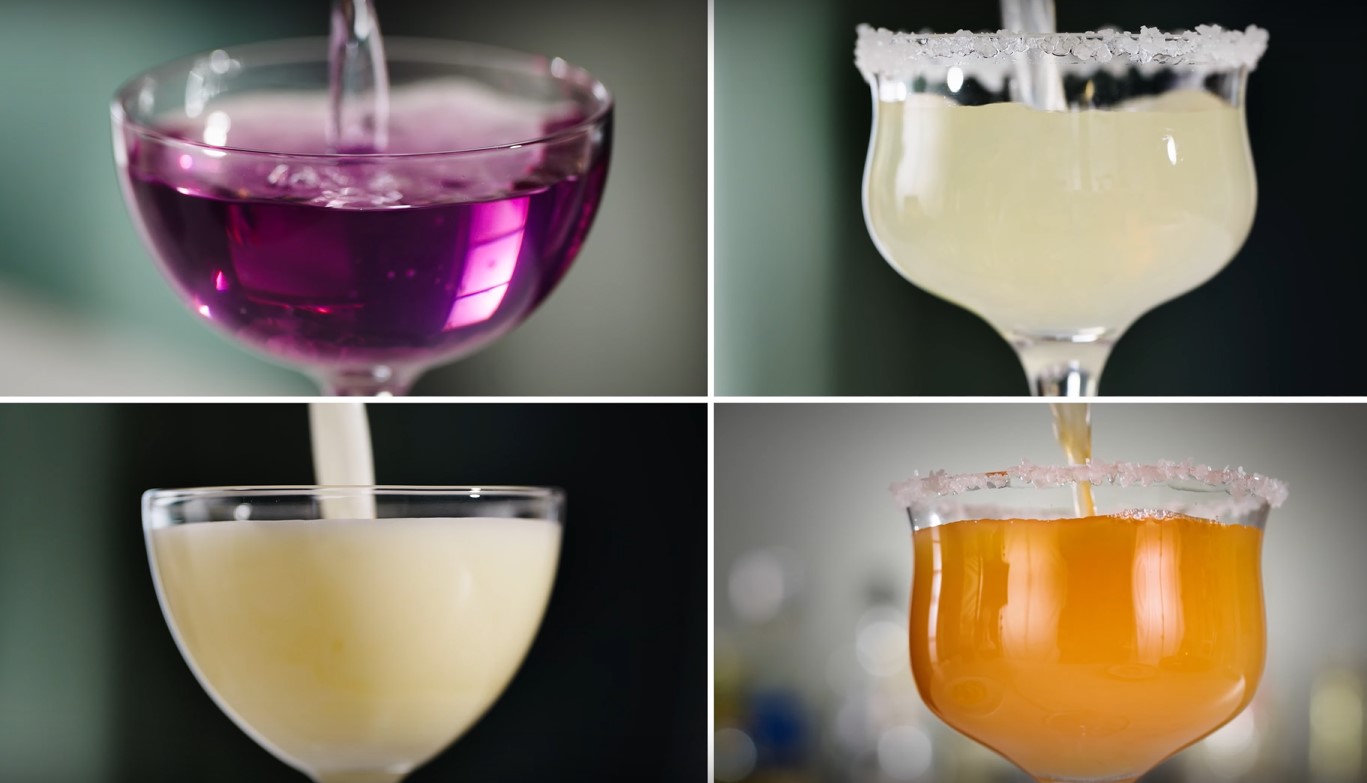
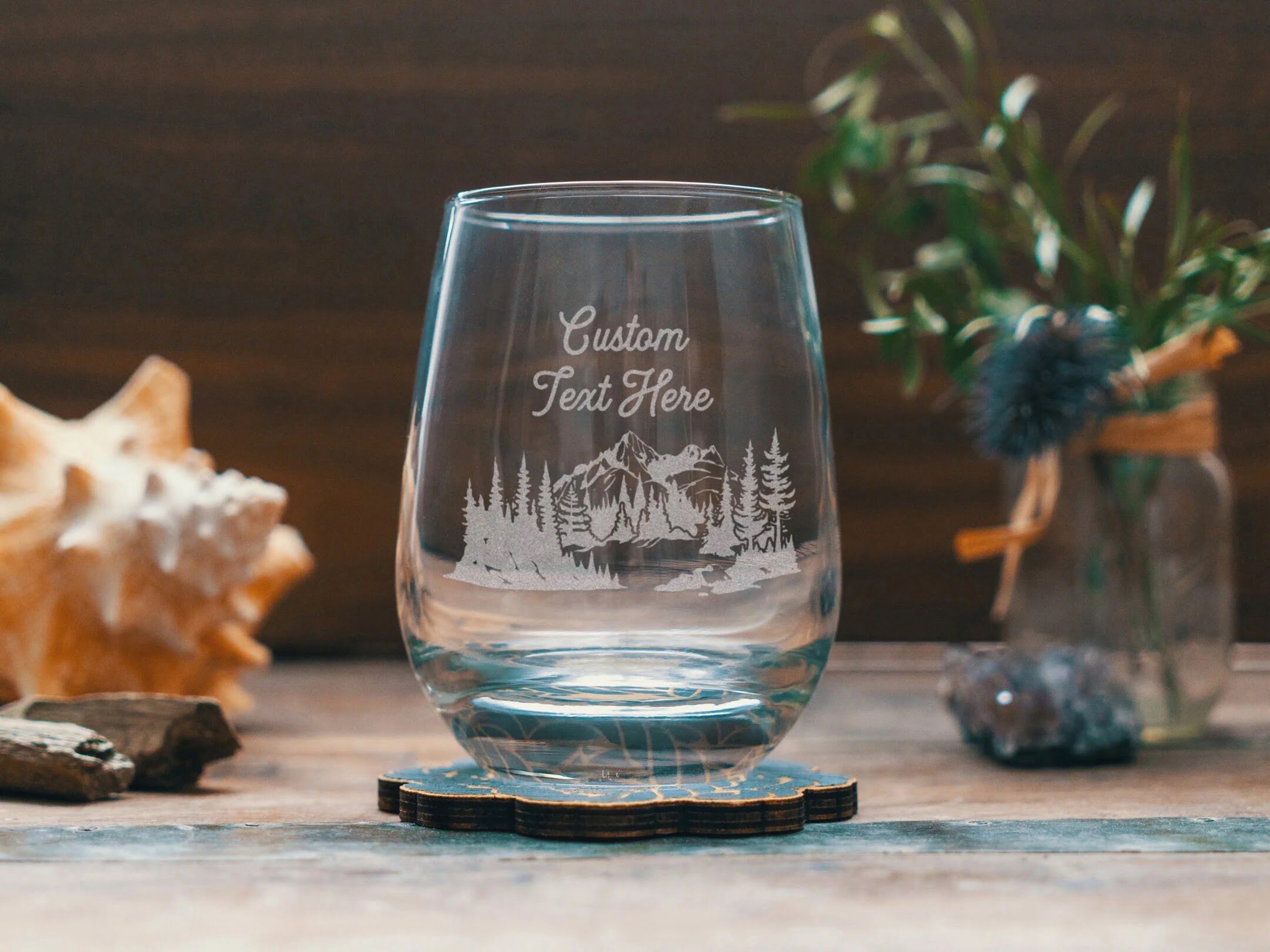

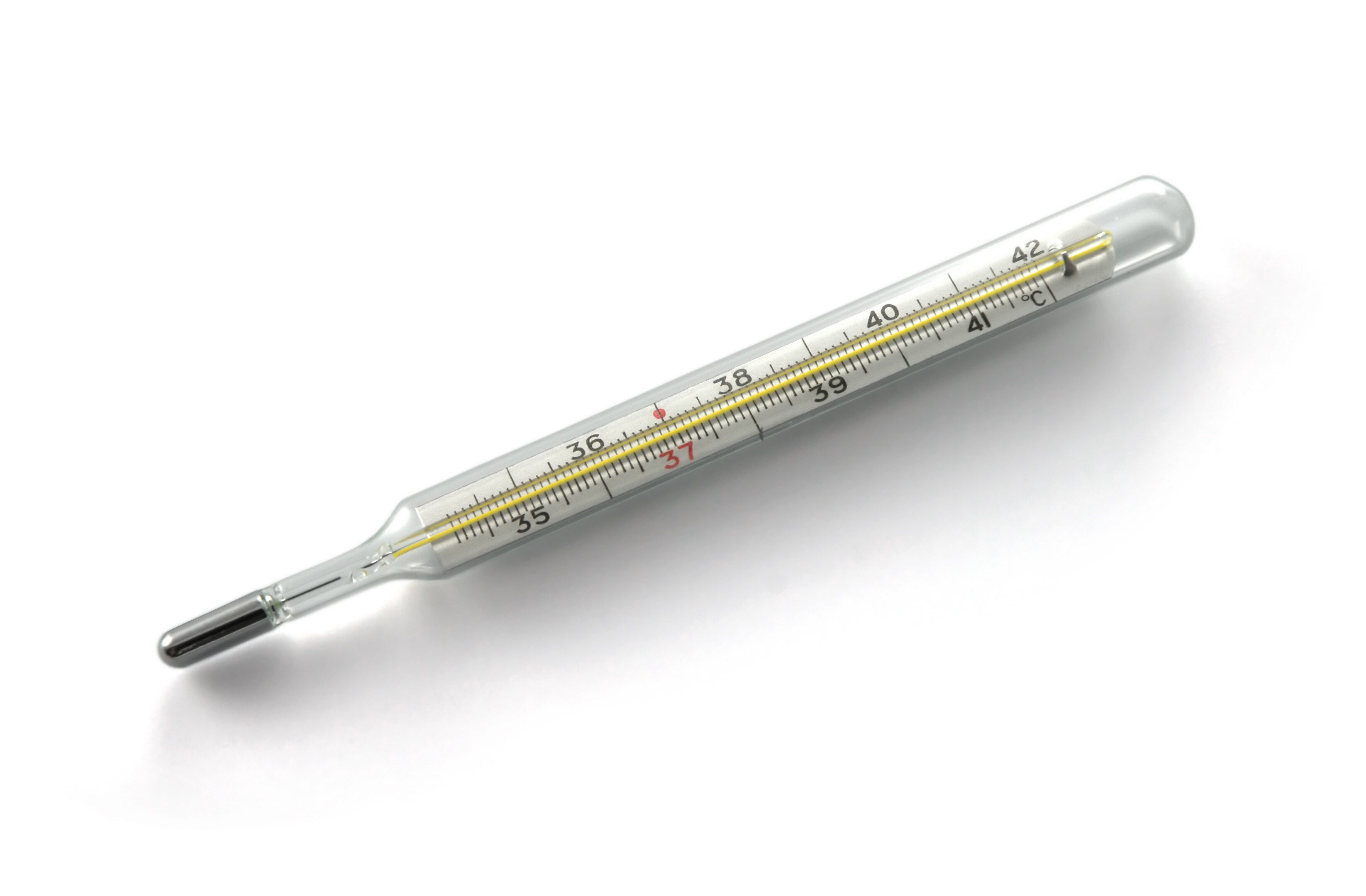
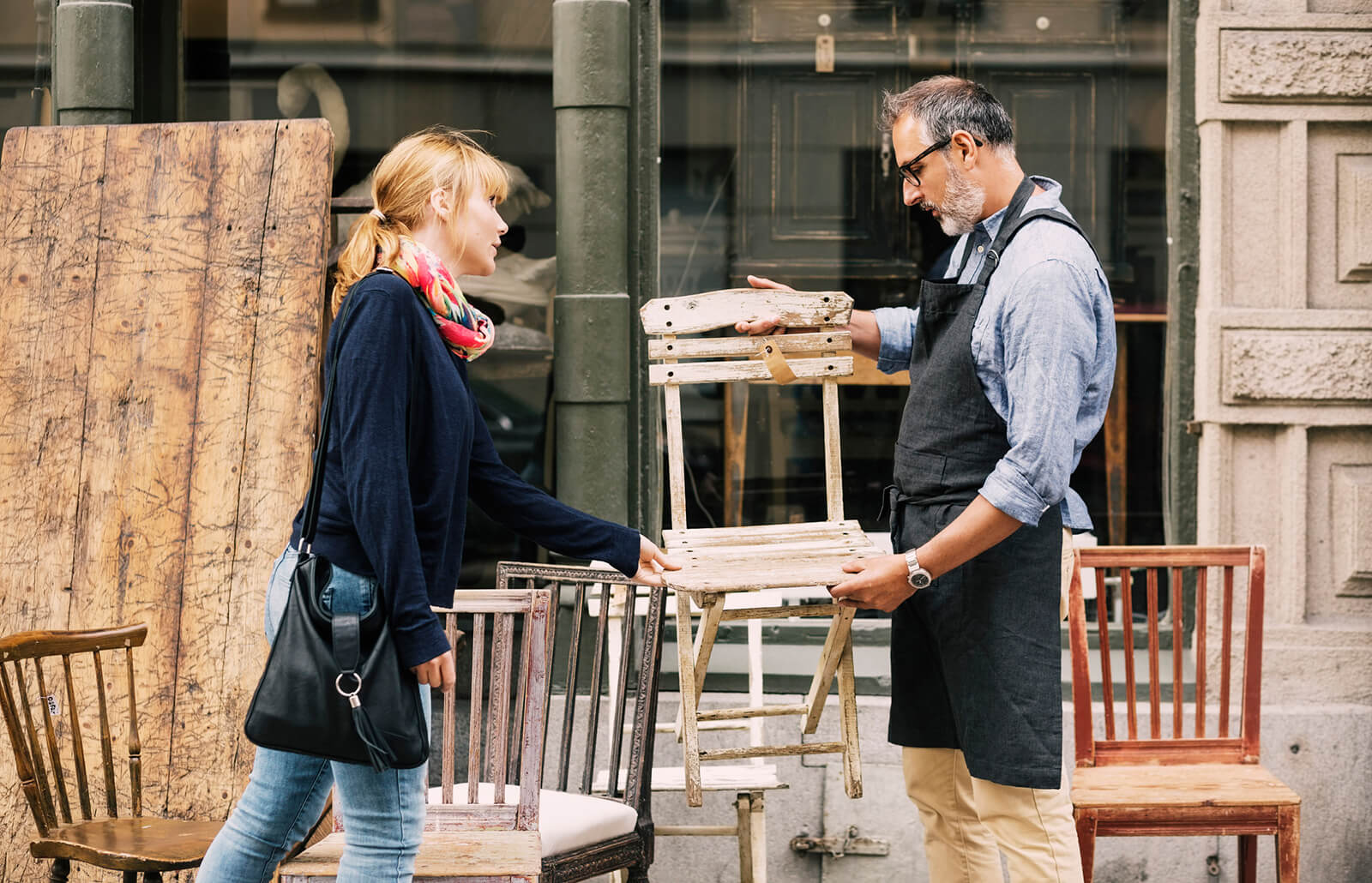
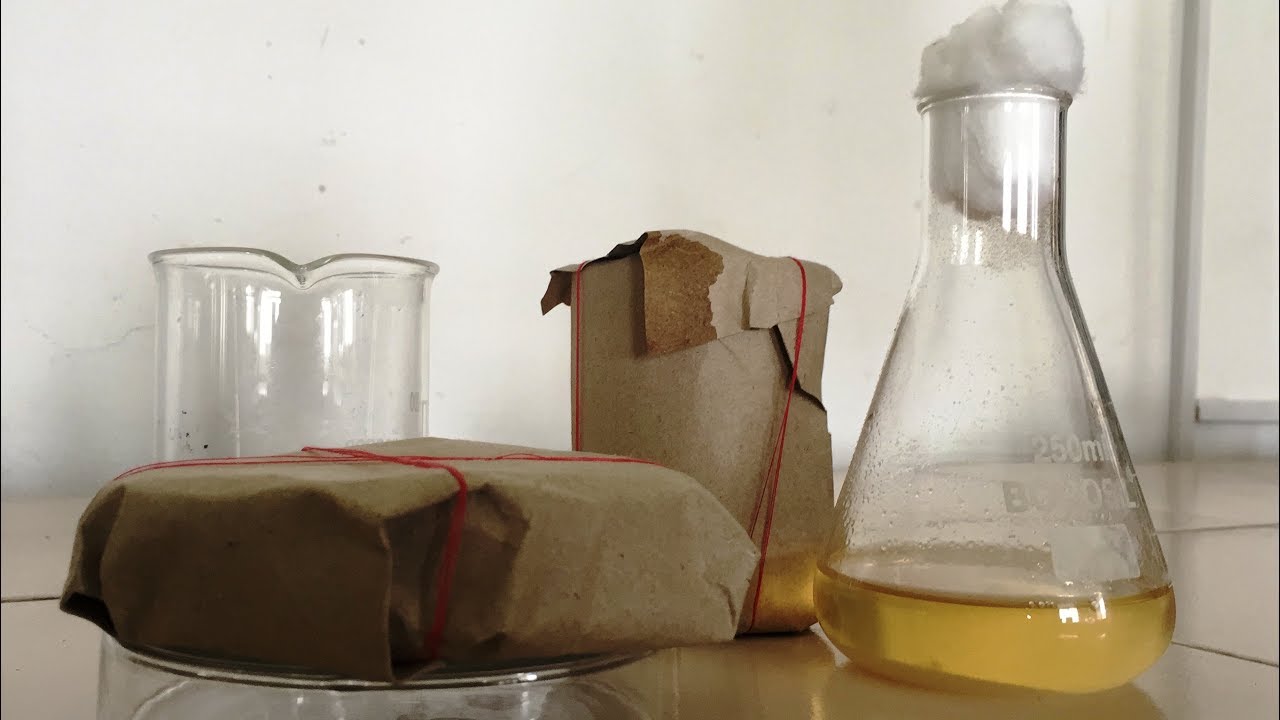
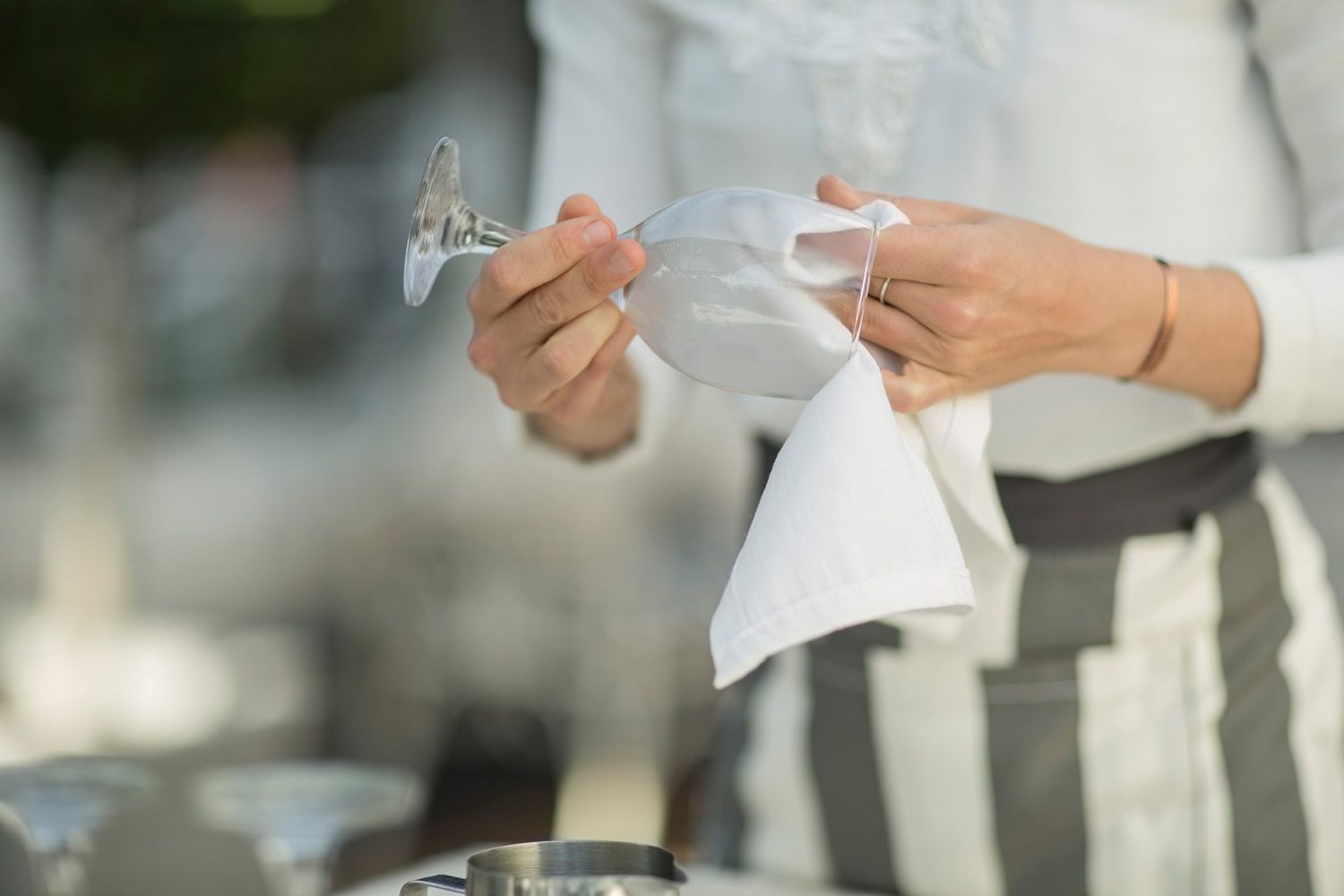
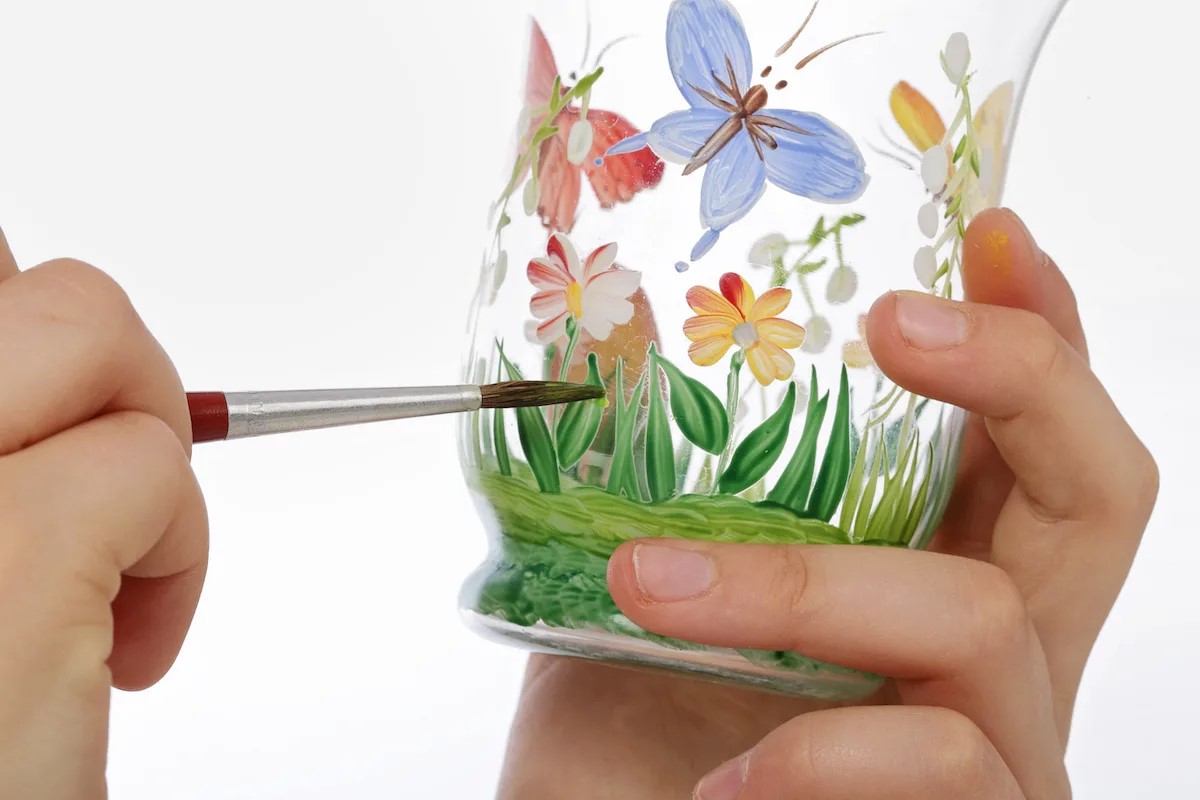
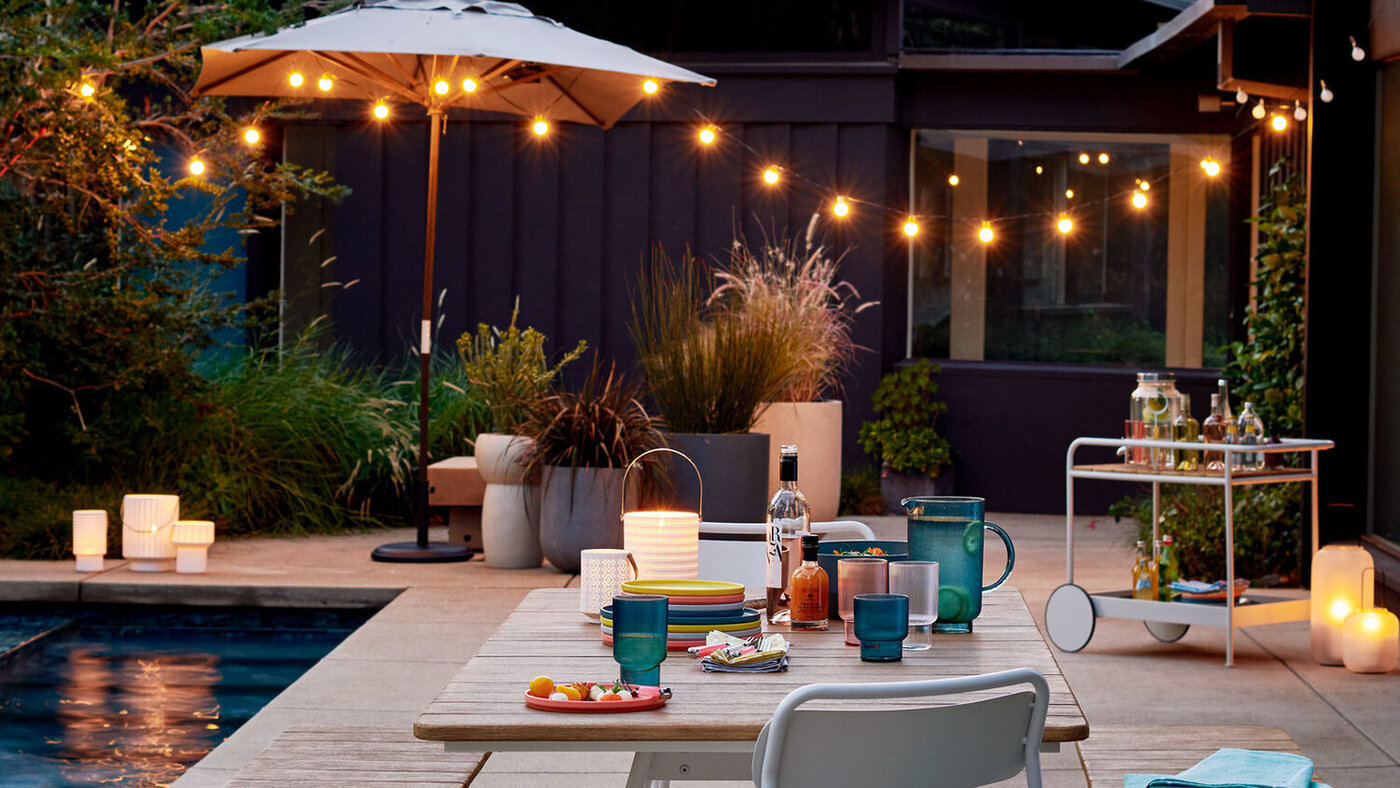

0 thoughts on “Secrets To Finding Rare Antique Glassware”